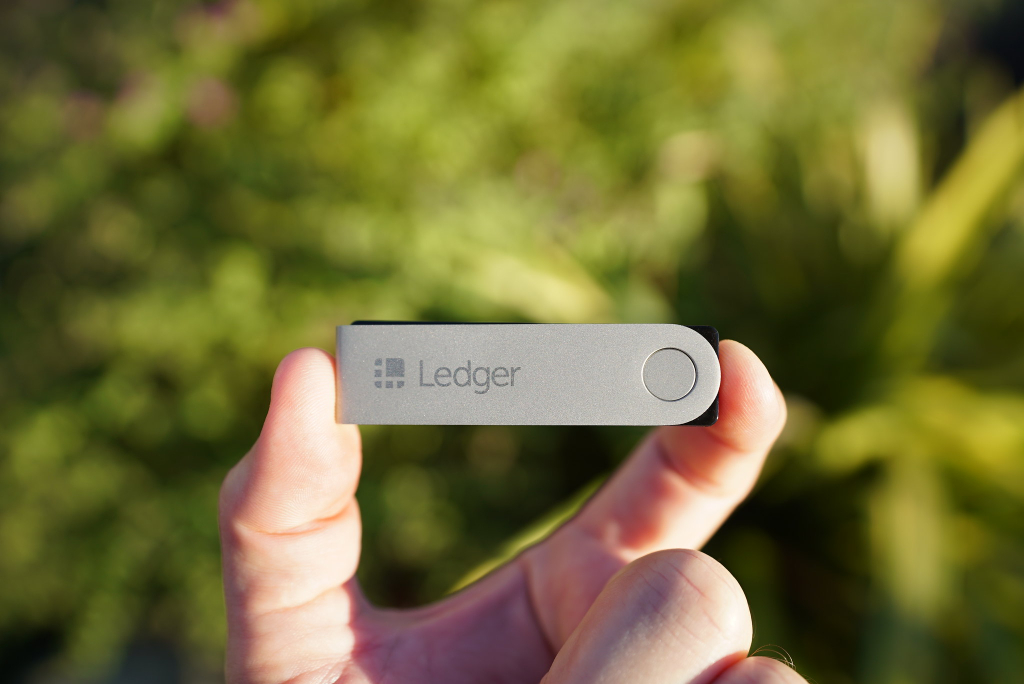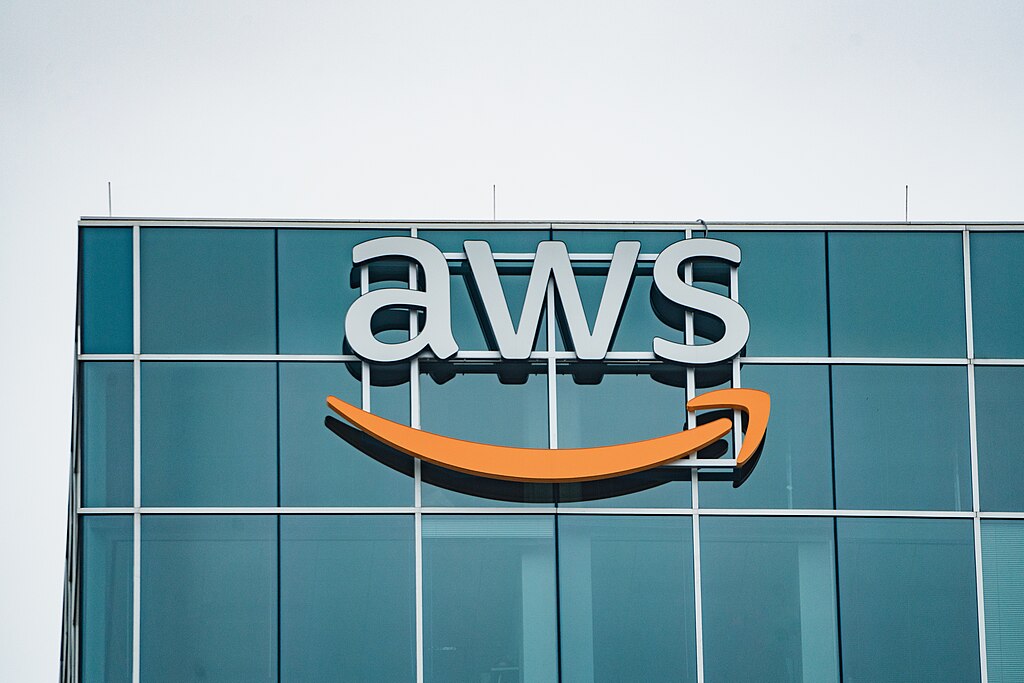Blockchain, the technology behind cryptocurrencies such as Bitcoin (BTC) and Ether (ETH), is now being applied in other sectors such as supply chain management and human resources. A city in Japan wants to apply the technology for its elections and is currently developing a blockchain-based voting system that will allow its citizens to vote online securely.
Tokyo-based blockchain firm LayerX announced on Thursday that it has entered into a partnership with digital solutions provider xID to develop a voting platform on the blockchain, Coindesk reported. The company aims to build a system that is both safe and convenient for residents of the city Kaga located in Japan’s Ishikawa Prefecture.
Electronic voting is already available and legal in Japan but there are issues surrounding the technology. The partnership aims to address these concerns such as cost, security, and stability of the system.
“Voting over the Internet presents more challenges, such as preventing double voting, technical hurdles to keep ballots secret, and the cost of voting devices,” the company said, according to Cointelegraph. “LayerX researched and developed an electronic voting protocol that balances the transparency of the voting process and the confidentiality of voting records.”
xID, which specializes in digital identity systems, will employ its expertise to strengthen LayerX’s existing voting system. The xID application will be responsible for verifying voter identity and ensure that each voter will only get one ballot to avoid incidents of double voting.
Meanwhile, LayerX’s e-voting protocol was specifically developed to balance “the transparency of the voting process and the confidentiality of voting content.” The system allows voters to check their voting results and independently verify that their data is correctly reflected on the blockchain network.
Kaga opted to use blockchain technology for its capability of building a system that is both “tamper-resistant” and “transparent.” The city has around 68,000 inhabitants.
Japan isn’t the only country testing out blockchain-based voting systems. For instance, Russia has already used a blockchain-based polling system that gave residents of Moscow and the Nizhny Novgorod region the option to cast their votes electronically during the 2020 Russian constitutional referendum held from June 25 to July 1, 2020.
However, not everyone is convinced of the supposed security that a blockchain-based voting system would bring. “While current election systems are far from perfect, blockchain would greatly increase the risk of undetectable, nation-scale election failures,” MIT professor and senior author of the report, Ronald L. Rivest, said in a report published on November 16.


























Comment 3